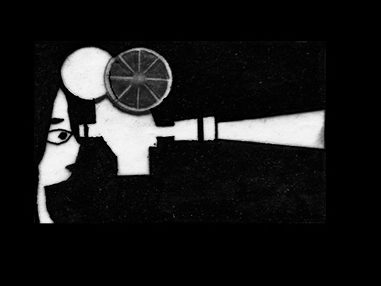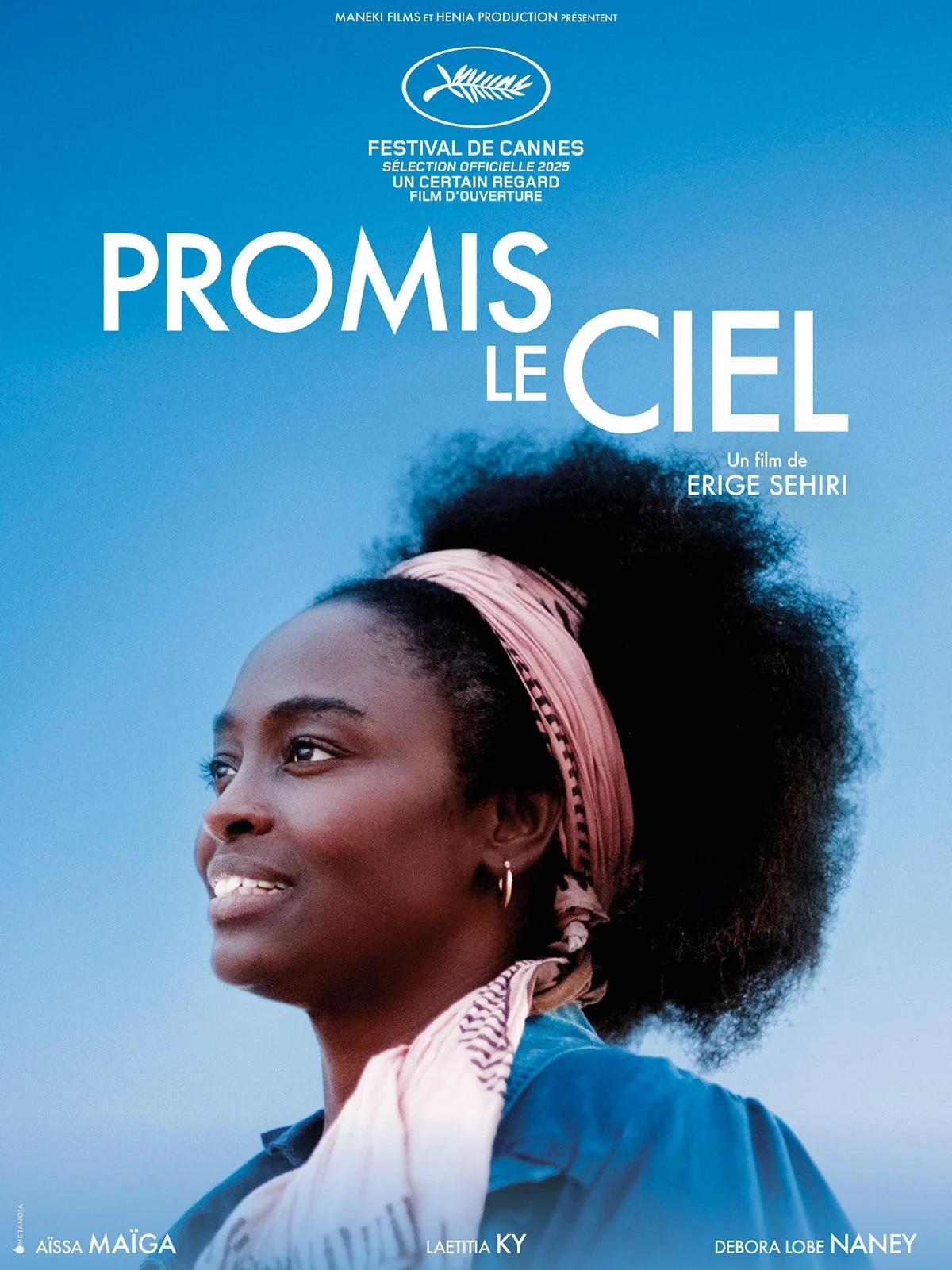Promis le ciel: a luminous but scattered chronicle of female exile
Film Promis le ciel: a female exile chronicle at Cannes 2025
From its opening frames, the film Promis le ciel strikes with the softness of its light. Shot by Frida Marzouk—who previously worked with Kechiche and Lina Soualem—the image glows with an almost unreal clarity. It’s beautiful, often moving. But beneath this visual grace, film Promis le ciel struggles to find structure. Premiering in the Un Certain Regard section at Cannes 2025, Erige Sehiri’s second feature film after Sous les figues weaves together portraits of migrant women and suspended moments. The result is captivating—but sometimes keeps the viewer at arm’s length.
Three sub-Saharan women share a precarious home on the outskirts of Tunis. Marie, an Ivorian pastor (Aïssa Maïga); Jolie, a focused university student (Laetitia Ky); and Naney, an undocumented single mother (Debora Lobe Naney). Their fragile routine is disrupted when they take in Kenza, a young girl who survived a shipwreck. This improvised family unit becomes a space of tension, support, and solitude. Film Promis le ciel captures these moments with near-documentary restraint—never manipulative, never overacted.
A fragmented narrative
But the story soon starts to unravel. Each character seems to carry a powerful backstory, but none is fully developed. Everything feels sketched, never resolved. Kenza, meant to be the emotional link, remains a blurred presence. Her function in the trio’s dynamic never quite emerges. The film drifts, much like its protagonists. What we get is a series of touching, even powerful scenes—but without narrative glue. The viewer floats, unanchored.
A breakout performance: Debora Lobe Naney
The beating heart of film Promis le ciel is undoubtedly Debora Lobe Naney. Her screen presence is magnetic. She portrays a woman both fragile and fierce, exhausted and funny, deeply moving without ever forcing emotion. An improvised birthday scene perfectly encapsulates her character: a forgotten woman, still daring to expect something from life. Her natural delivery, her mastery of silence, make her a true revelation. The camera never lets her go—and rightly so.
A restrained direction, not always fluid
Erige Sehiri continues her documentary-style approach: filming with empathy, capturing intimacy. She avoids spectacle, opting for pauses, gestures, and quiet tension. Frida Marzouk’s cinematography gives the film its tender visual tone. Nadia Ben Rachid’s editing tries to tie it all together—but the overall rhythm remains uneven. Some sequences stretch too long; others barely begin. Film Promis le ciel lacks a sustained narrative arc.
A political context in the background
The film wasn’t designed as a response to Tunisia’s recent anti-migrant policies, but reality caught up with fiction. In a country where sub-Saharan migrants are increasingly stigmatized, film Promis le ciel casts a gentle yet sharp eye on inner exile. It shows, rather than comments. It suggests, rather than preaches. That’s its strength—but also its weakness. One longs for more embodiment, more explicit tension. At times, the urgency dissolves into restraint.
A necessary but uneven film
There are truly beautiful moments in film Promis le ciel: the relationship between Marie and Noa, her blind confidant; the community’s quiet rituals; the glances exchanged in the kitchen. But these are flickers. They don’t add up to a strong narrative. The film touches—but never embraces. It brushes close—but never holds.
Film Promis le ciel remains a bold cinematic gesture. It signals the rise of a female North African gaze on sub-Saharan Africa. It introduces a striking actress, confirms a committed director, and illuminates an often-overlooked reality. Yet its impact is blunted by a fragmented narrative. It’s a promise—not quite a revelation.
Trailer


